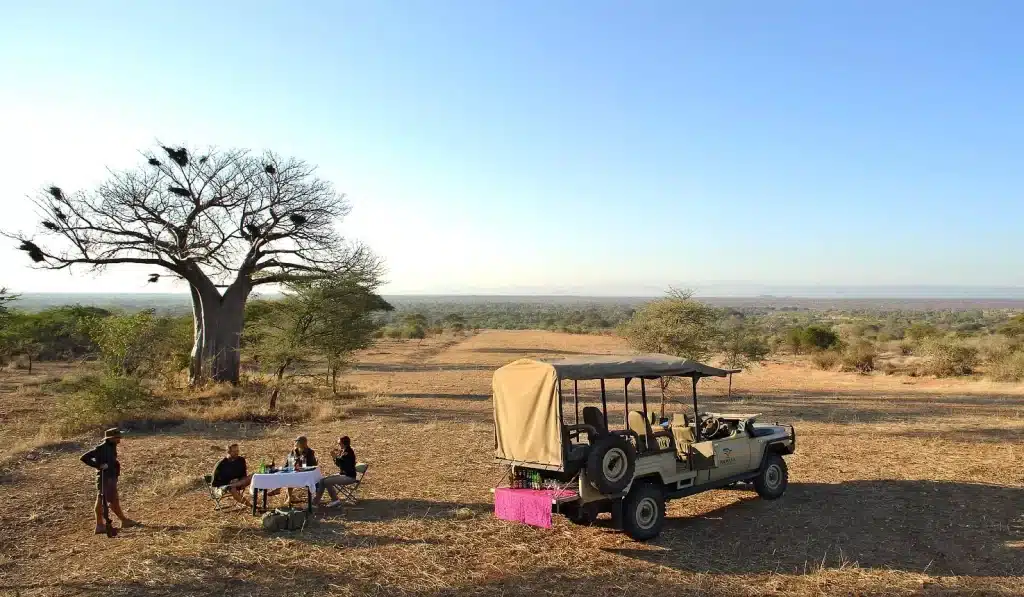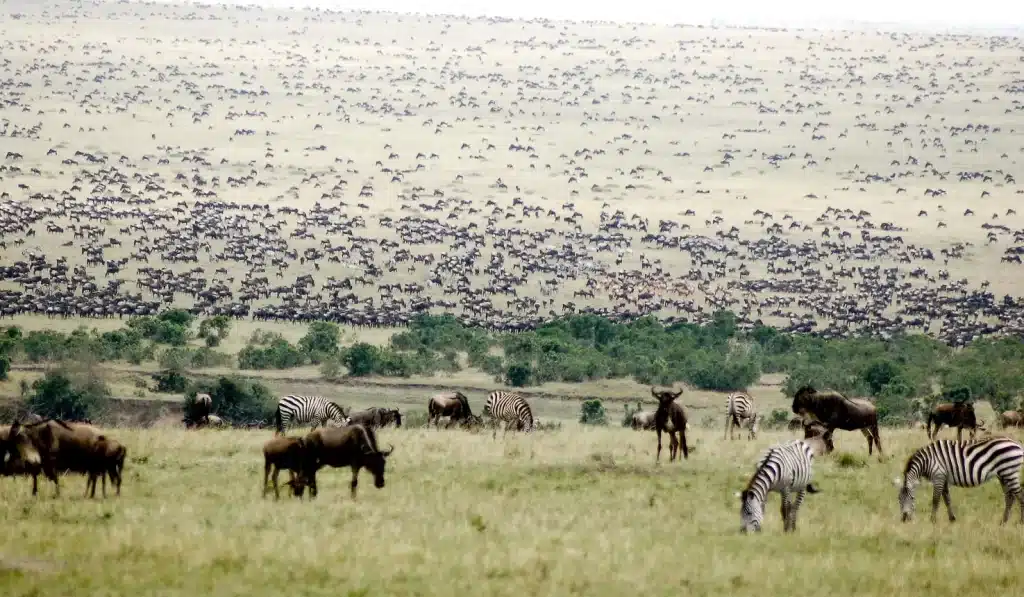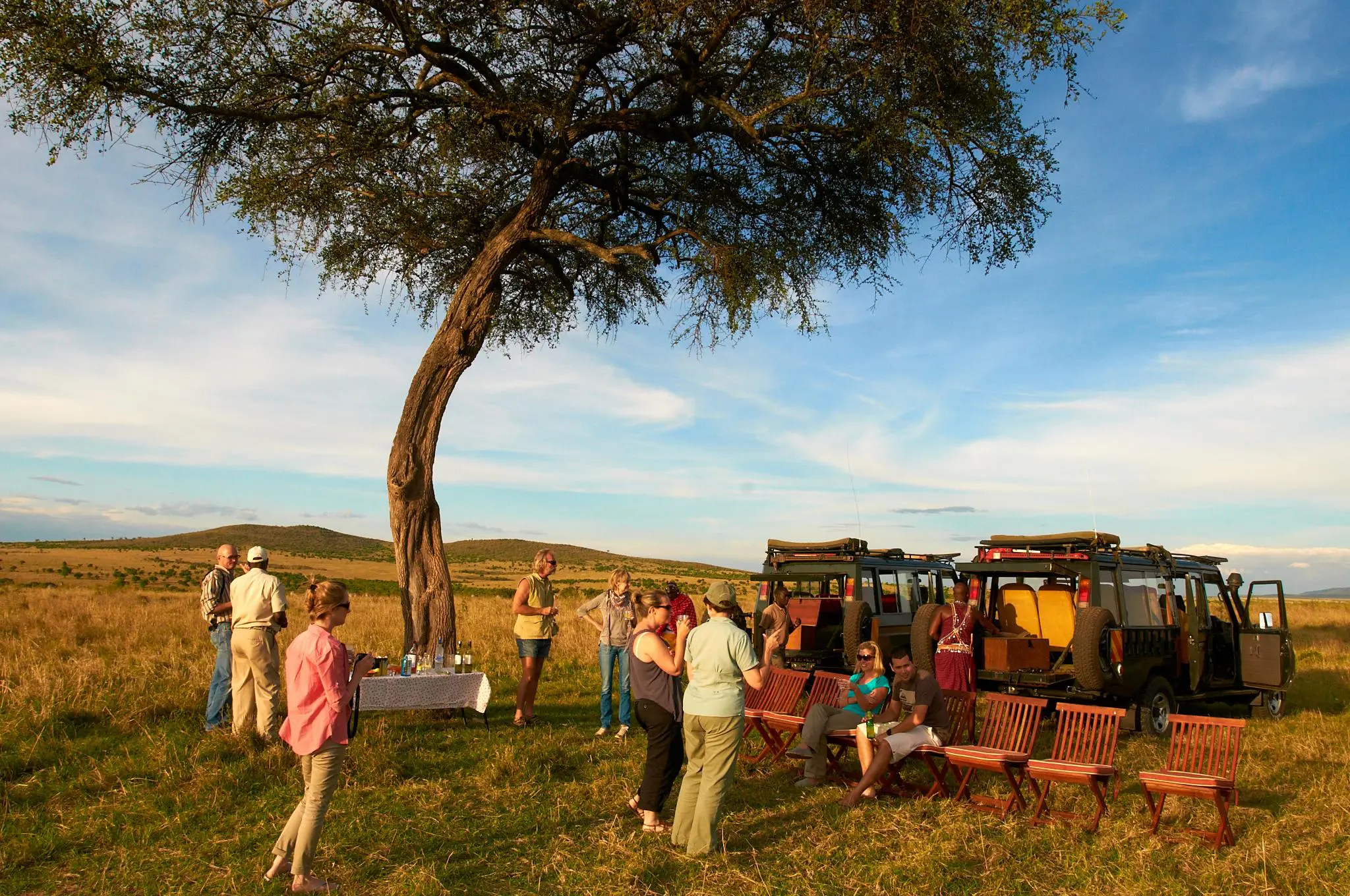Best time for African safari
Best Time for African Safari: A Guide to Planning Your Adventure
Embarking on the adventure of a lifetime—an African safari—is a dream for many enthusiasts. Choosing the best time for an African safari is crucial for an unforgettable experience, impacting wildlife sightings and weather conditions. In this guide, we’ll explore the factors contributing to an exceptional journey.

African Safari Seasons
Africa experiences distinct seasons, mainly the dry season and the wet season. Understanding these seasons is essential for planning the best time for an African safari. The dry season provides optimal wildlife visibility, while the wet season offers lush landscapes and unique opportunities.
Best Time for Wildlife Viewing
For an exceptional safari, timing is everything. The dry season, often in winter, is renowned for providing the best time for wildlife viewing. Animals gather around water sources, making them easier to spot. The wet season, perfect for bird watching, brings vibrant greenery to the landscape.
Popular Safari Destinations and Their Seasons
Different regions have varying climate patterns, affecting the best time for an African safari. East Africa, including Kenya and Tanzania, experiences the Great Migration, a spectacle best witnessed from July to September. Southern Africa, including South Africa and Botswana, offers excellent wildlife viewing during their dry winter months.
The Great Migration
One of the most awe-inspiring events is the Great Migration in East Africa. This monumental journey is best timed for an African safari from July to September, ensuring a front-row seat to this breathtaking display of nature.
Avoiding Crowds
Timing your safari to avoid peak tourist seasons is crucial for an exclusive experience. Consider visiting during the shoulder seasons, when the weather is favourable and the crowds are thinner. This allows for a more serene and authentic connection with Africa’s wilderness, making it the best time to visit Masai Mara.
Weather Considerations
Balancing wildlife sightings with weather preferences is key. The dry season offers clear skies and pleasant temperatures, making it the best time for an African safari for photography and game drives. The wet season transforms the landscape into a lush paradise, with the added beauty of newborn animals and migratory birds.

Specialized Safaris
Tailoring your tour to specific interests requires considering the best time for an African safari. Some regions may offer specialized safaris during certain seasons, providing unique opportunities for enthusiasts.
Budget Considerations
Timing also plays a role in your budget. Peak tourist seasons often come with higher prices for accommodations and activities. Planning your trip during the offseason or shoulder seasons can result in more budget-friendly options while offering a remarkable best time for an African safari experience.
Conclusion
Choosing the best time for an African safari involves carefully balancing wildlife preferences, weather considerations, and budget constraints. Whether captivated by the Great Migration or seeking a more intimate experience away from the crowds, Africa’s diverse offerings ensure a perfect best time for an African safari for everyone. To research and plan, and your African safari will undoubtedly become a once-in-a-lifetime adventure.



